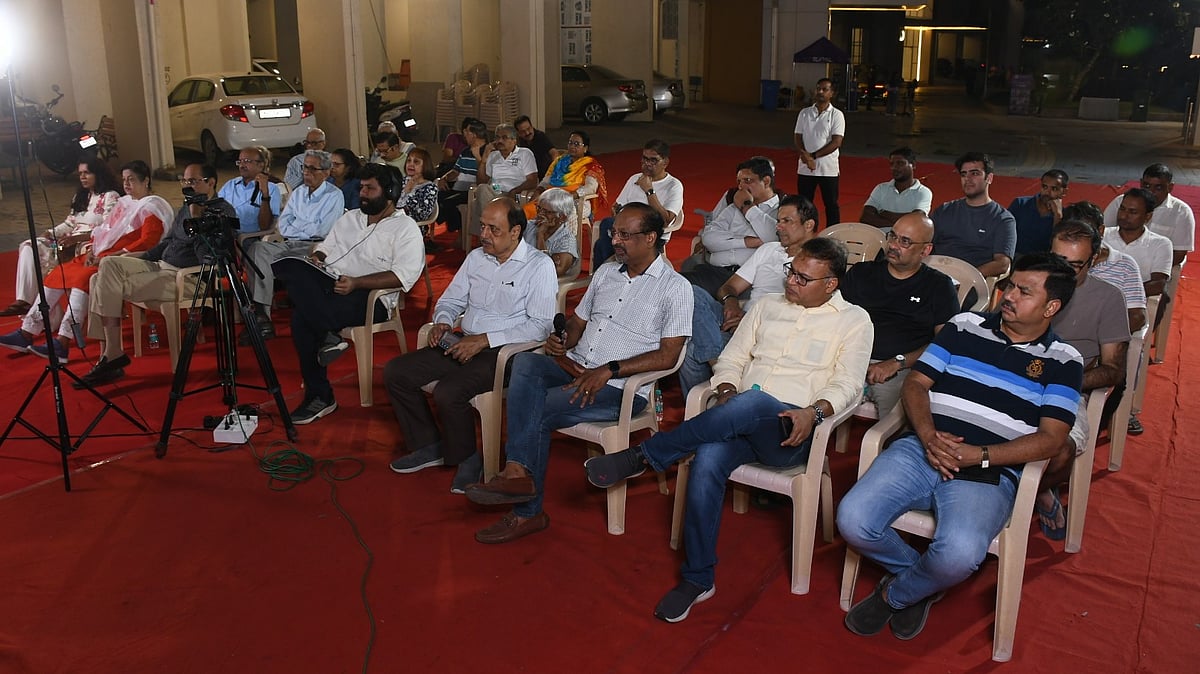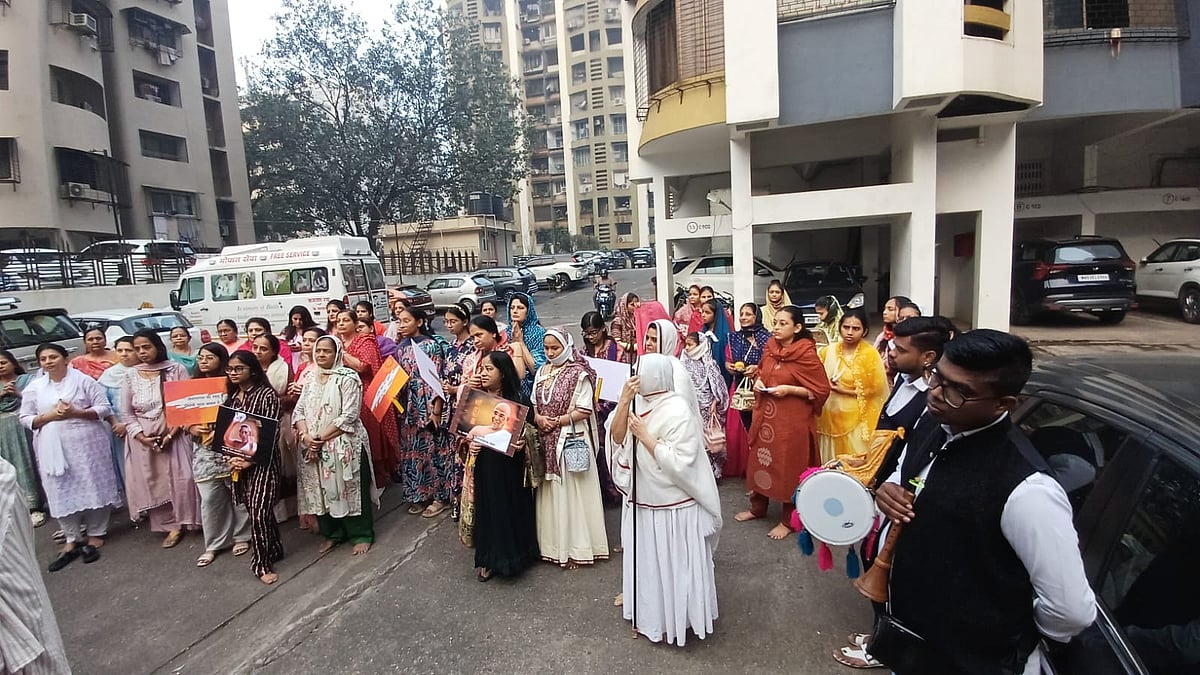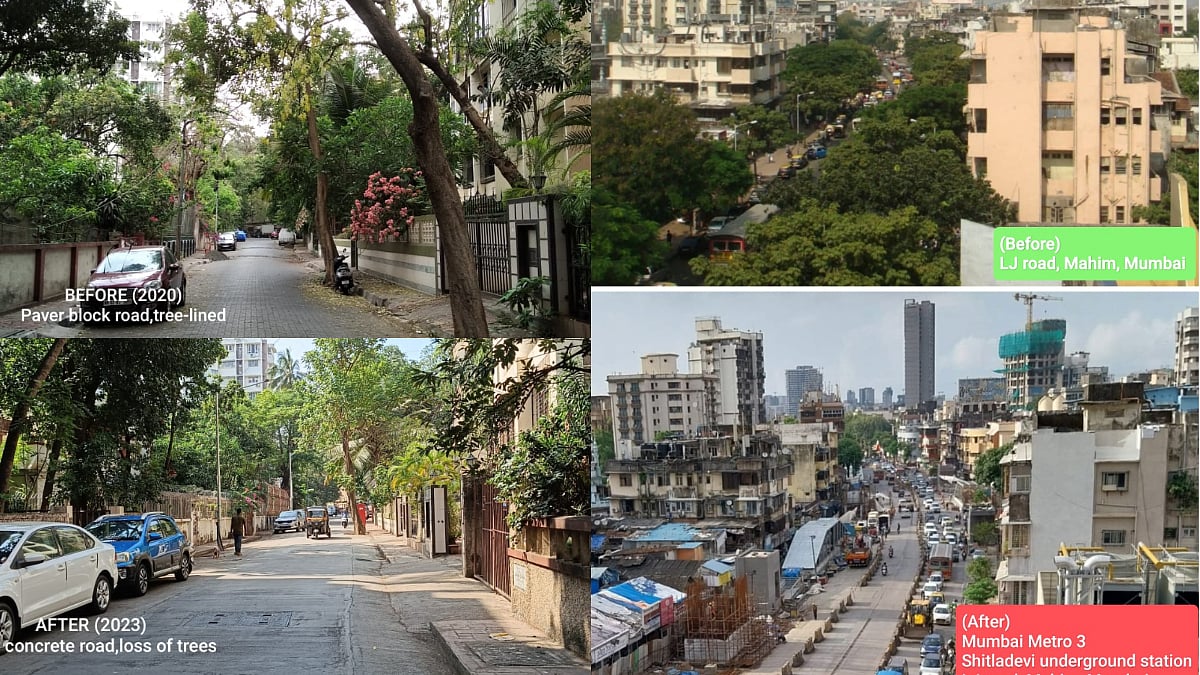Mumbai: A sessions court has rejected the anticipatory bail plea of three senior citizens involved in constructing a slum rehabilitation authority (SRA) building and a free-sale building in Chembur.
They were booked for failing to complete the construction and handing over the flats to purchasers, even after 11 years. The chairman of the Flat Purchasers Association filed a complaint against the developers at the Tilak Nagar police station.
Irene D Mello, 58, proprietor of M/s Midas Builders, had undertaken the SRA project in Chembur. Her husband, Edwyn, 61, managed the work under a power of attorney. While there was no issue with the rehabilitation building, a dispute arose over the free-sale building, which was handed over to M/s Bhakti Buildvel of Navin Kothari, 71, in a joint venture.
The complainant stated that he booked a flat in June 2013, paying Rs14 lakh, but the sale agreement was only prepared in October 2017. By March 2019, when he still hadn’t received the flat, he lodged a complaint with RERA against Kothari. During the proceedings, Kothari promised to complete the project by August 2020, yet possession remains undelivered.
Additionally, the complaint alleged that flats on floors beyond the 10th were sold without construction approval. Since 2013, the D Mellos and Kothari allegedly sold flats to 35 purchasers, collecting Rs21,23,62,300 but failing to complete construction, instead siphoning funds elsewhere.
The D Mellos argued that Kothari was responsible for completing the project, while Kothari claimed 82% of the work, including the 10th-floor slab, was finished, but financial difficulties halted progress.
After reviewing the evidence, the court observed, “The accused did not specify a completion date or possession handover in the sale agreement. They have failed to complete the construction or deliver possession for 11 years, indicating a prima facie case of dishonest intent from the beginning.”
While rejecting anticipatory bail, the court said, “The prolonged non-fulfilment of the contract, misuse of funds, and failure to provide possession highlights a prima facie case against the applicants.”







